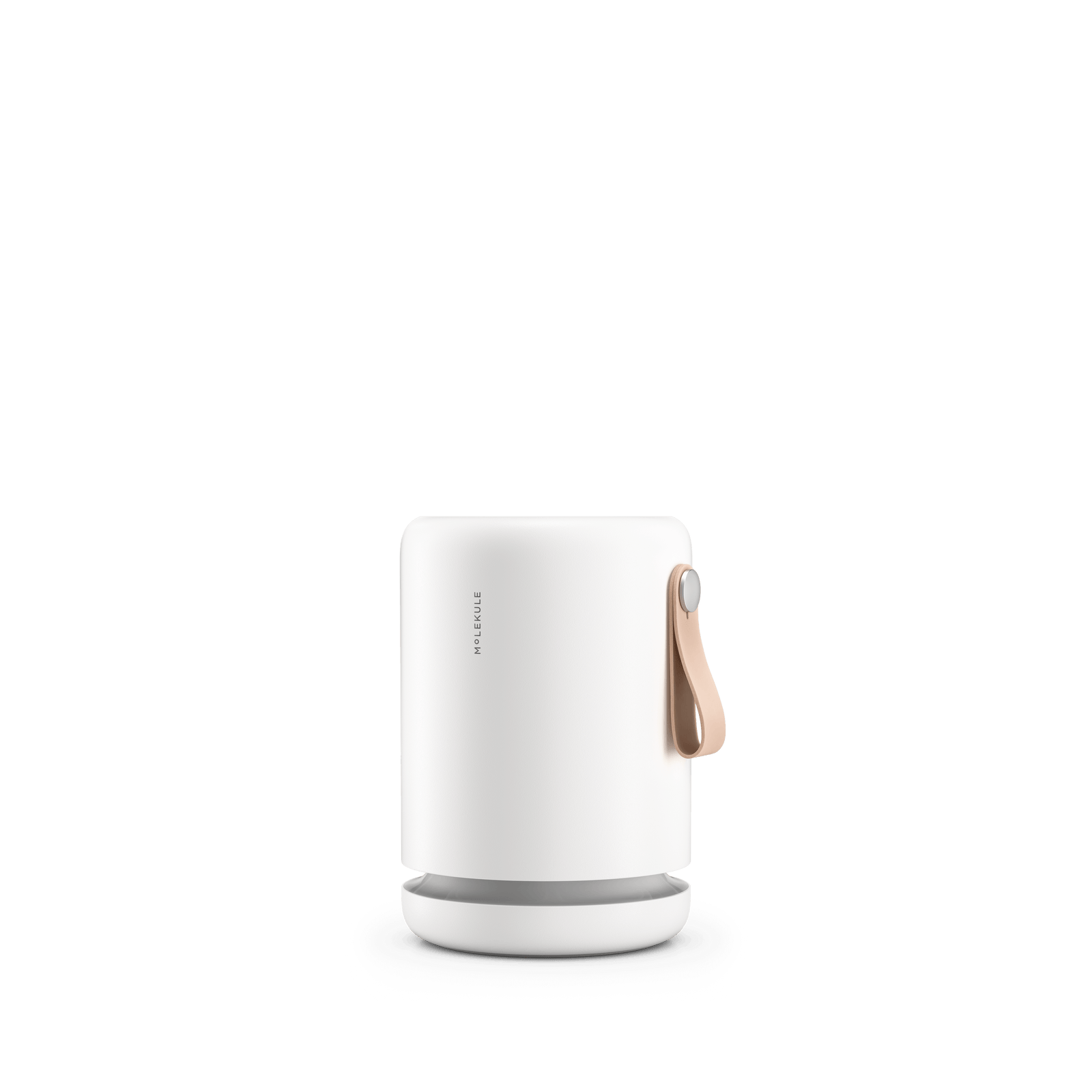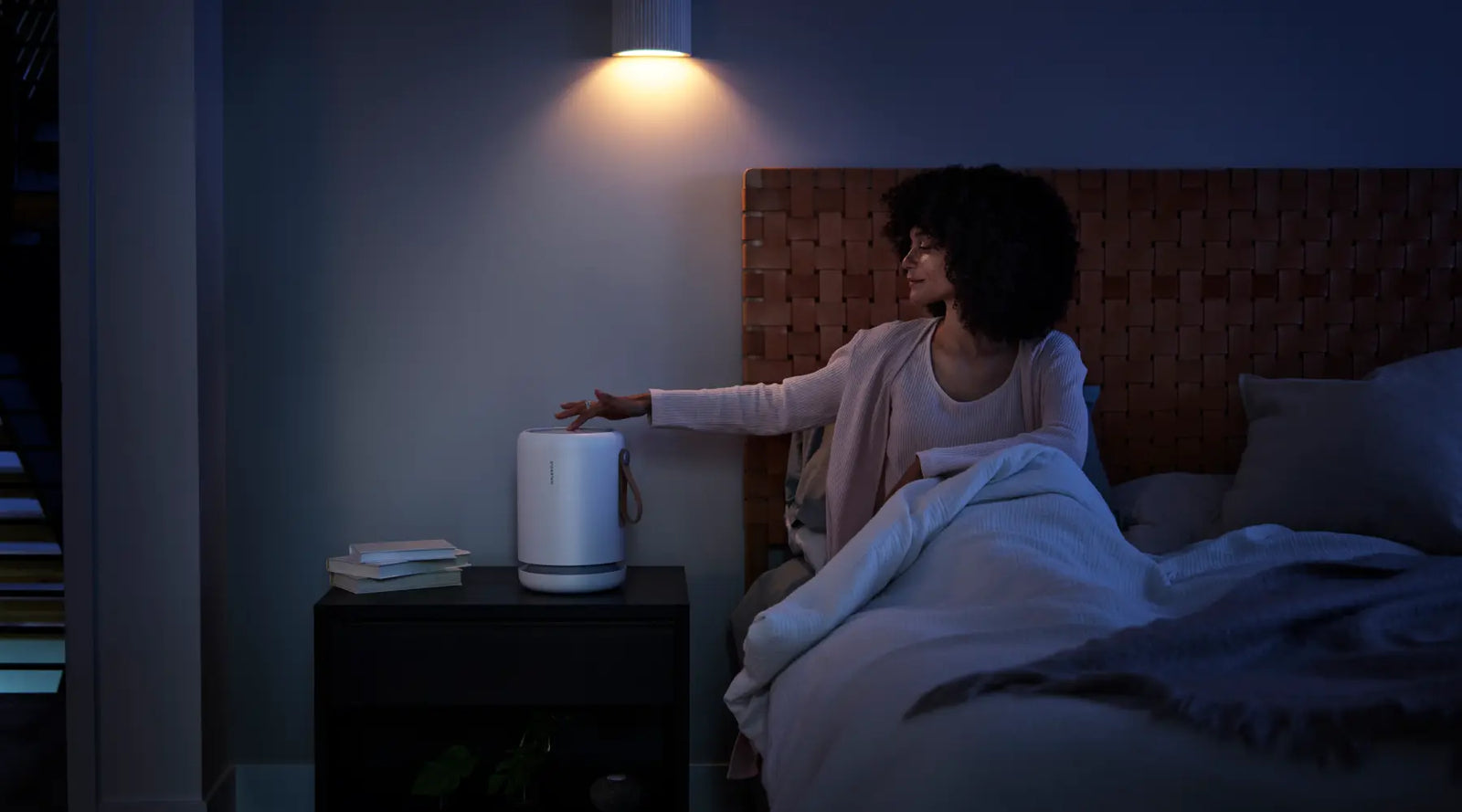Anyone who suffers from allergies knows the common signs of a non-urgent allergy attack: itchy, watery eyes, sneezing, congestion and even hives. Allergies affect more than 50 million Americans according to the American College of Allergy, Asthma & Immunology. Allergists often recommend controlling allergen exposure and considering allergy medications like antihistamines to help reduce allergy symptoms. For short-term relief, over-the-counter allergy medicine is often prescribed. For long-term relief from allergies, physicians may recommend long-term solutions and may consider the use of allergy shots.
Please note that this article is for informational purposes only and should not be used as a substitute for medical advice.
Allergy shots do not work for everyone, and they may only work for certain types of allergies. But if you are willing to commit to a lengthy regimen of regular injections and you can bear the financial cost, allergy shots might be worth it.
What are allergy shots?
The NIH describes what it means to get an allergy shot: First, an allergist performs a test to determine what specific things you are allergic to. Then a serum that contains a small amount of the allergen is injected, usually into your upper arm, on a regular basis. For the first 3 to 6 months, the typical schedule for allergy shots is 1 to 3 times a week. Eventually, you may only need maintenance shots, which can happen about every 4 to 6 weeks. Overall, you may need to take allergy shots for about 3 to 5 years.
Due to the possibility of severe reactions, allergy shots must be administered in a doctor’s office. The chance of a reaction is low, but significant enough, that the allergist may have you wait in the office for 3o minutes to make sure it does not happen. Due to insurance co-pays, weekly visits to the doctor’s office can make the cost of allergy shots expensive over time.
How do allergy shots work?
If you have allergies, an allergic reaction may happen when your body detects something foreign (called an allergen) entering your body, such as pollen or pet dander. Your immune system overreacts, setting off a series of bodily responses (such as producing a lot of mucus and causing you to sneeze) intended to flush the allergen from your system.
Allergy shots introduce small quantities of allergens to your body, gradually increasing the amount over time. This can cause your immune system to no longer see the allergens as dangerous which reduces the immune reaction.
Can children get allergy shots?
Children who are 5 years or older can be candidates for allergy shots. They do not always respond well to common allergy medicines, and may suffer severe side effects from those medications. An allergist can perform an allergy test and determine the safest, most effective treatment regimen for your child.
What types of allergies do allergy shots treat?
There are over 1,200 allergen extracts licensed by the U.S. Food & Drug Administration. They are designed to work against environmental allergens: pollen, pet dander, mold, cockroaches, dust mites and also bee stings. Allergy shots are not given for and are not effective against food allergies. An allergist might use food allergen extracts to test for specific food allergies, but not for allergy shots.
Are there dangerous potential side effects?
It is very rare, but allergy shots can cause a serious allergic reaction and anaphylactic shock. The airways may become very narrow, making breathing difficult, and blood pressure drops. This is why it is important to have allergy shots under a doctor’s supervision. The staff at the office are equipped to deal with a severe reaction.
An allergy shot may also cause a sore or itchy bump at the site of the injection, which usually is temporary.
How effective are allergy shots?
Allergy shots will not make your allergies disappear overnight. According to the Mayo Clinic, you may notice a reduction in symptoms over the course of the first year, and more significant results in the second year. In the third and subsequent years, allergy symptoms may disappear completely. Many patients may stop the maintenance dose shots after the third, fourth or fifth year, and their allergy symptoms are generally reduced or may not return.
An analysis of 51 studies on patients receiving allergy shots found that “injection immunotherapy in suitably selected patients with hay fever results in significant reductions in symptom scores and medication use” (Calderon et al., 2007). Researchers have a hard time putting a number on allergy shot efficacy because the number of variables involved: specific allergy, type of extract used, combination of allergies and extracts, schedule of injections and environmental factors (such as living in a home with a smoker or in an area with high air pollution) all influence how effective the shots will be. From examining many different studies, it seems that allergy shots are effective for many people, and that their major side effects are uncommon.
Researchers continue to explore the effectiveness of allergy shots for pet allergies. The literature suggests they are generally less effective for pet allergies, although research in this area has led to the development of better therapies for people who allergic to cats or dogs.
How much do allergy shots cost?
Allergy shots are covered by many health insurance plans. Check with your insurance provider to make sure it covers allergy shots. If your plan has a copay for each visit, you’ll be paying that every week or every other week for a year or more. For 25 treatments, a $10 copay is $250… and a $25 copay is $625.
If you plan to pay for allergy shots entirely out of pocket, the costs can skyrocket. You have to pay for the allergy test, the serum, and each injection. Costs can vary widely, but cost analyses from CostHelper and ABC News range from $1,000 to $4,000 per year. The cost may decline in later years when injections are needed less frequently.
Allergy shots without the shots
An alternative treatment in allergy immunotherapy is sublingual allergy tablets. These tablets are held under the tongue until they dissolve, according to the American College of Allergy, Asthma & Immunology (ACAAI). They use the same overall mechanism as allergy shots (training your immune system to no longer see the allergens as a threat), but they are taken daily and can be taken at home. The first few doses are usually administered at a doctor’s office to make sure a severe reaction does not occur.
Sublingual immunotherapy tablets have been developed for pollen allergies and dust mite allergies. However, only some of the tablets have been approved by the FDA for use in children.
Nonmedical ways to reduce allergy symptoms
Medications and shots are not the only ways you can reduce allergens in your home. Here are some other options:
- Regular cleaning. Vacuum and dust your house to minimize the presence of dust mites, pollen and other allergens.
- Use a furnace filter. A properly mounted and regularly replaced furnace filter will help remove allergens from the air.
- Close the windows. Keep an eye on the pollen count on your local weather report. When pollen is high, close your windows and turn on the air conditioning. This is contrary to our usual advice, which is to allow lots of fresh air into your house (outdoor air almost always contains fewer pollutants than indoor air), but in this case you really want to keep the pollen out.
- Get rid of mold. Mold spores are a major source of allergic reactions. Clean up mold and remove the moisture source that’s causing it to grow.
- Use an air purifier. Allergists often recommend an air purifier to help reduce your exposure to indoor air triggers. The Molekule air purifier contains Photo Electrochemical Oxidation (PECO) technology, which help remove pollutants and allergens from the air.
Allergy shots may require a significant investment of time and money, but if you have serious environmental allergies, they may reduce or eliminate your symptoms, possibly permanently. Make an appointment with an allergist to find out if allergy shots will be worth it for you.
A Side Story: My Experience with Allergy Shots
I’ve had serious allergies since I was very young. When they tested me for the various things I was allergic to, they drew a grid with one square per allergen. Every single square became an inflamed, itchy bump. “Well, there’s one square that didn’t react,” I pointed out to the nurse hopefully.
“Oh honey,” she said. “That’s the control.”
I started taking shots in my early 20s, but for various reasons (lack of health insurance, lack of access to an allergist) I stopped for a few years. I started up again in my mid through late 20s. Even with health insurance, at the time money was tight and the copay took a bite out of our finances.
I never had any kind of systemic reaction from my shots. To be honest, after months and months of never having a reaction, I stopped waiting around the doctor’s office after the shots were administered. I’d often get an itchy bump for a day or so, but that’s it. It’s also worth noting that, while you need an allergist to test and set up the serum, you can have your regular general practitioner do the weekly or monthly shots. This was great for me since my GP was much closer than my allergist.
By the time I’d been on maintenance shots for about two years, my allergies were essentially gone and I stopped getting the shots. I’ve had occasional bouts of hay fever when pollen was really bad, but nothing close to the incapacitating allergy attacks I’d get when I was young. I also still take a daily allergy medication, but mainly because I have two dogs and I’m still mildly allergic to them. The medicine takes care of that, though.












